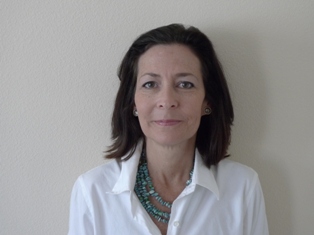Some power point slides/notes from Jennifer's and my presentation, last Thursday at CAMFT, Health and Human Services Agency in San Diego.
NEW DSM-5 Criteria for PTSD Diagnosis
Introduction to Prolonged Exposure Therapy
Introduction to Cognitive Processing Therapy
Telemedicine for PTSD treatment
Professional Development Opportunities
Introduction to Prolonged Exposure Therapy
Introduction to Cognitive Processing Therapy
Telemedicine for PTSD treatment
Professional Development Opportunities
•PTSD is no longer identified as an Anxiety Disorder.
•New category, “Trauma- and Stressor-Related Disorders” encompasses PTSD, Acute Stress Disorder, Adjustment Disorders and childhood diagnoses of Reactive Attachment and Disinhibited Social Engagement Disorders.
•Now 4, rather than 3, symptom clusters. However, these symptoms remain fairly similar to those in DSM-IV.
•3 new symptoms were added.
Both therapy's are exposure and both are empirically supported as successful modes to treat PTSD.
Prolonged Exposure:
•Breathing retraining
•Education about common reactions to trauma
•Imaginal Exposure
•In Vivo Exposure to trauma reminders
•10-12 weekly or twice weekly 90 minute sessions
•Symptom measurement at beginning of each session Q & A



 Carlsbad, CA. She is a Community Lecturer and a Clinical Member of the
Carlsbad, CA. She is a Community Lecturer and a Clinical Member of the